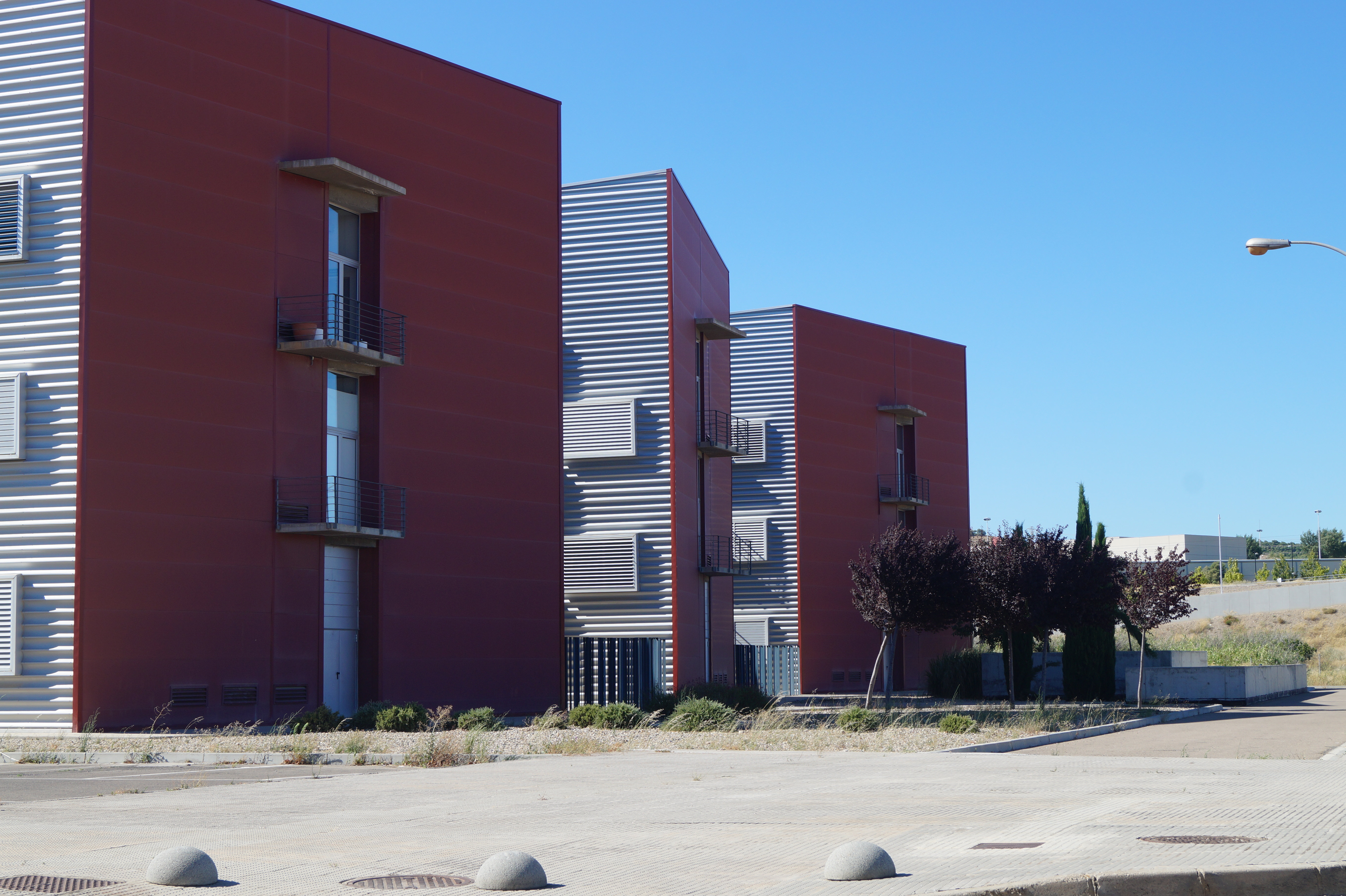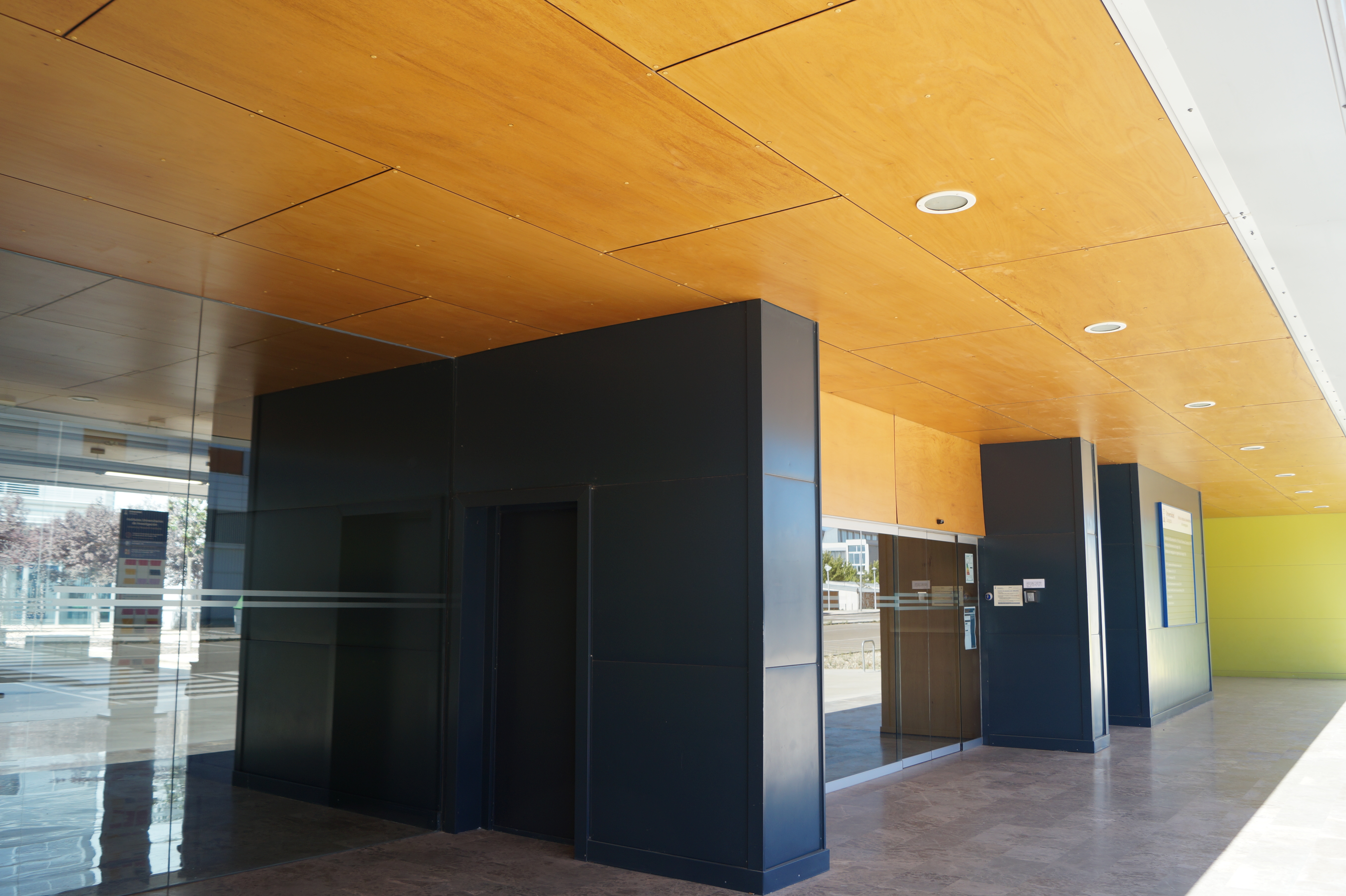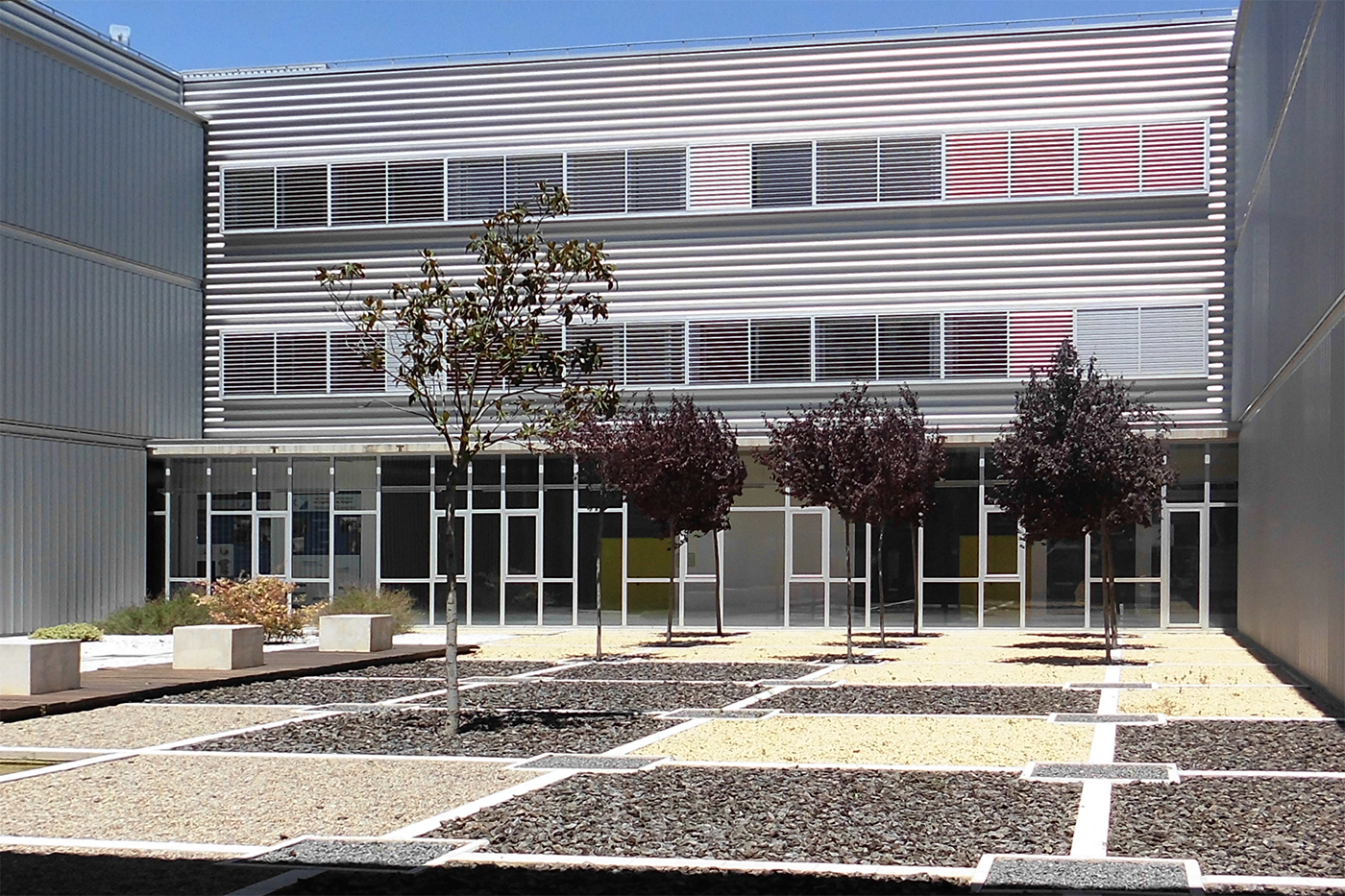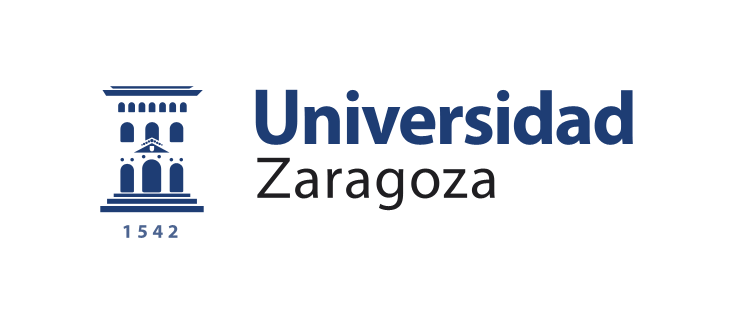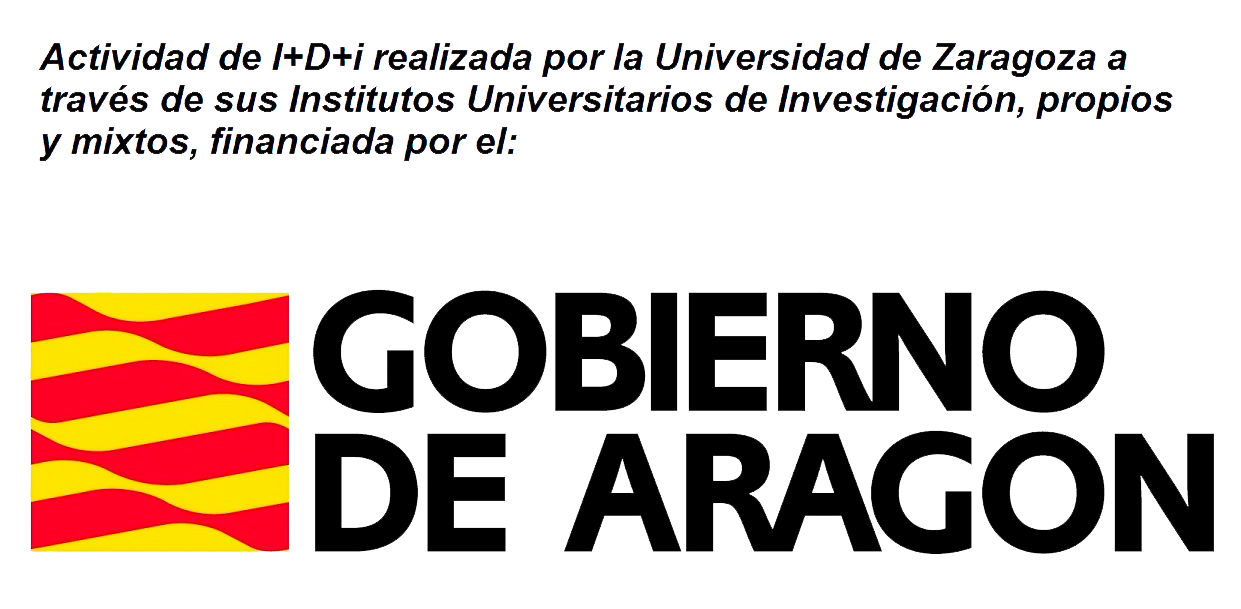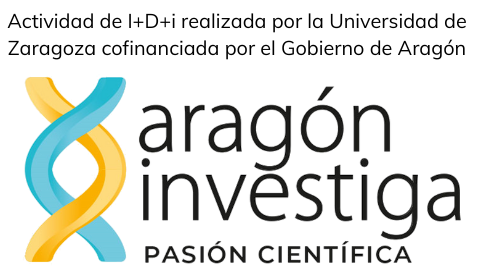institute.
The Institute for Biocomputation and Physics of Complex Systems (BIFI) of the University of Zaragoza (UNIZAR*) was founded in October 2002 as part of an effort towards basic research and applications of complexity concepts and methods to different phenomena in fields such as: Biochemistry, Physics, Biology, Computing, Mathematics and Citizen Science. It is financially supported by the Government of Aragon and the University of Zaragoza.
During these years, the Institute has obtained the recognition of the scientific community in Spain and abroad. An important part of BIFI’s computing resources is hosted in the Supercomputing Laboratory. Nowadays we have a powerful computing infrastructure with a computer cluster that is among the most powerful in Spain. Our computing infrastructure covers the whole set of technologies: HPC, Cluster, Shared Memory, Grid, Cloud, Volunteer Computing and Dedicated Computers.
On the other hand, we have organized many scientific meetings and conferences at national and international levels. The Institute has also been granted with several research projects from Spain and the European Union.
An essential goal for us is to lead research in basic science and the promotion of technology transfer between University and Industry. BIFI is a dynamic and multidisciplinary research center where biologists, physicists, computer scientists and mathematicians interact with each other, sharing the specific tools and methods of their fields of expertise as well as the new perspectives drawn from the emergent theory of Complex Systems. Everything in our daily activity is connected.
* The University of Zaragoza (http://www.unizar.es) was founded in 1542. It is located in the capital of the Autonomous Community of Aragon, and is the main center of technological innovation in the Ebro Valley. Currently, there are more than 35000 students at the University. The teaching and research staff is made up of more than 3500 professionals distributed in several Faculties and Research Centers covering many diverse fields that range from the Humanities to the Natural, Social, Medical and Engineering Sciences.
